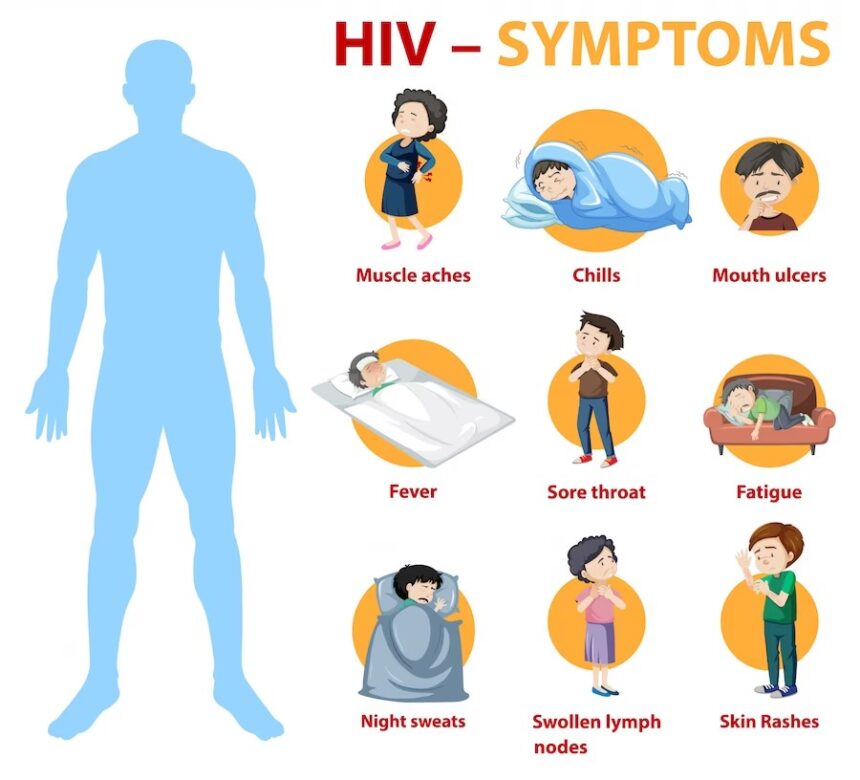South Africa continues to face a significant burden of HIV/AIDS, with a large number of individuals living with the virus. However, advancements in medical treatments and the availability of support services have transformed HIV from a life-threatening condition to a manageable chronic disease. Today, individuals living with HIV in South Africa have access to antiretroviral therapy (ART) and a range of support services that enable them to lead healthy and fulfilling lives.
Antiretroviral therapy is the cornerstone of HIV treatment. It involves a combination of medications that suppress the replication of the virus, allowing individuals to maintain a healthy immune system and reduce the risk of developing opportunistic infections. In South Africa, the government has made significant progress in expanding access to ART, and today, a large percentage of individuals living with HIV have access to these life-saving medications.
Adhering to the prescribed ART regimen is crucial for the long-term management of HIV. Consistently taking the medication as directed by healthcare professionals helps maintain viral suppression, prevents the progression of the disease, and reduces the risk of transmission to others. It is essential for individuals to understand the importance of adherence and work closely with healthcare providers to address any challenges or concerns that may arise.
In addition to ART, individuals living with HIV in South Africa can benefit from a range of support services that address the physical, emotional, and social aspects of their well-being. These services play a vital role in enhancing quality of life and overall health outcomes. Some of the key support services available in South Africa include:
- HIV Counselling and Testing: HIV counselling and testing services are essential for early detection, linking individuals to appropriate care and treatment, and providing ongoing support. These services help individuals understand their HIV status, access necessary healthcare services, and receive guidance on managing the virus.
- Support Groups: Support groups provide a safe and non-judgmental space for individuals living with HIV to share their experiences, seek advice, and receive emotional support. These groups foster a sense of community and help reduce the stigma and isolation often associated with HIV. Support groups can be found at healthcare facilities, community centers, or through HIV-focused organizations.
- Mental Health Support: Living with HIV can impact an individual’s mental well-being. Mental health support services, including counseling and therapy, can assist individuals in coping with the emotional challenges associated with the disease. It is important to address issues such as depression, anxiety, and stigma, and seek professional help when needed.
- Peer Education and Outreach Programs: Peer education programs empower individuals living with HIV to become advocates and educators within their communities. These programs provide training and resources to help individuals share accurate information about HIV prevention, treatment, and support services. Peer educators play a crucial role in reducing stigma, promoting HIV testing, and encouraging adherence to ART.
- Sexual and Reproductive Health Services: Individuals living with HIV have unique sexual and reproductive health needs. Access to comprehensive sexual and reproductive health services, including family planning, prevention of mother-to-child transmission (PMTCT) programs, and support for safe and healthy pregnancies, is essential for individuals and their partners.
- Legal and Social Support: Legal and social support services can help protect the rights and dignity of individuals living with HIV. These services provide assistance with legal issues related to discrimination, workplace rights, healthcare access, and confidentiality. They also offer guidance on social welfare, housing, and accessing government programs.
Living with HIV in South Africa is no longer a sentence of despair. With the availability of antiretroviral therapy and a comprehensive range of support services, individuals can live long, healthy lives while managing their HIV. It is crucial for individuals to engage in regular healthcare visits, adhere to their prescribed medication, seek support when needed, and become advocates for their own health and the well-being of their communities. Together, South Africa can continue to make progress in the fight against HIV and improve the lives of those affected by the virus.










